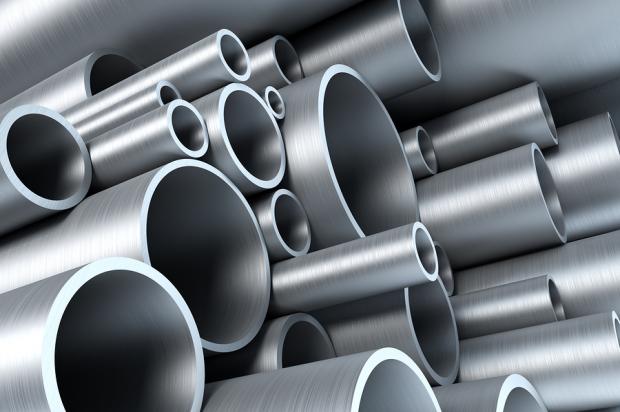Much to the respite of American steel makers, U.S. steel imports have dropped roughly 5% year to date – according to the latest report from the American Iron and Steel Institute (AISI), an association of North American steel makers.
Per AISI, based on preliminary U.S. Census Bureau data, total domestic steel imports went down 18% on a monthly comparison to roughly 2.36 million net tons in February. Finished steel imports for the same month also fell 17.6% from a month ago to around 1.92 million net tons. This follows a 17.3% and 23.8% increase in total and finished steel imports in January, respectively.

Year to date (through first two months of 2018), total and finished steel imports are down 5.3% and 3.5% year over year, respectively. Finished steel import market share was estimated at 25% year to date.
Major finished steel products that have showed a significant decrease in imports on a monthly comparison basis in February include reinforcing bars (down 58.8%), oil country goods (down 37.6%), standard pipe (down 28.5%), line pipe (down 27.4%), sheets & strip all other metallic coatings (down 25.9%) and hot rolled bars (down 22.9%).
The biggest offshore suppliers for February were South Korea with 277,000 net tons (down 18% from January), Germany with 116,000 net tons (up 28%), Japan with 90,000 net tons (down 37%), Taiwan with 75,000 net tons (down 36%) and China with 60,000 net tons (down 16%).
A Reprieve for U.S. Steel Mills
U.S. steel producers have suffered heavily due to high levels of cheap steel imports, reflected by declined orders, idling of mills and layoffs across the nation. The continued surge of steel imports into the United States hollowed out much of the domestic steel industry last year.
Imports of cheap steel continued to make inroads into the American market in 2017 despite a raft of stringent trade actions and threats of further future measures. Subsidized steel products are being illegally dumped by foreign steel producers in the American market at unfairly low prices that significantly undercut the prices of U.S. steelmakers.













Leave A Comment